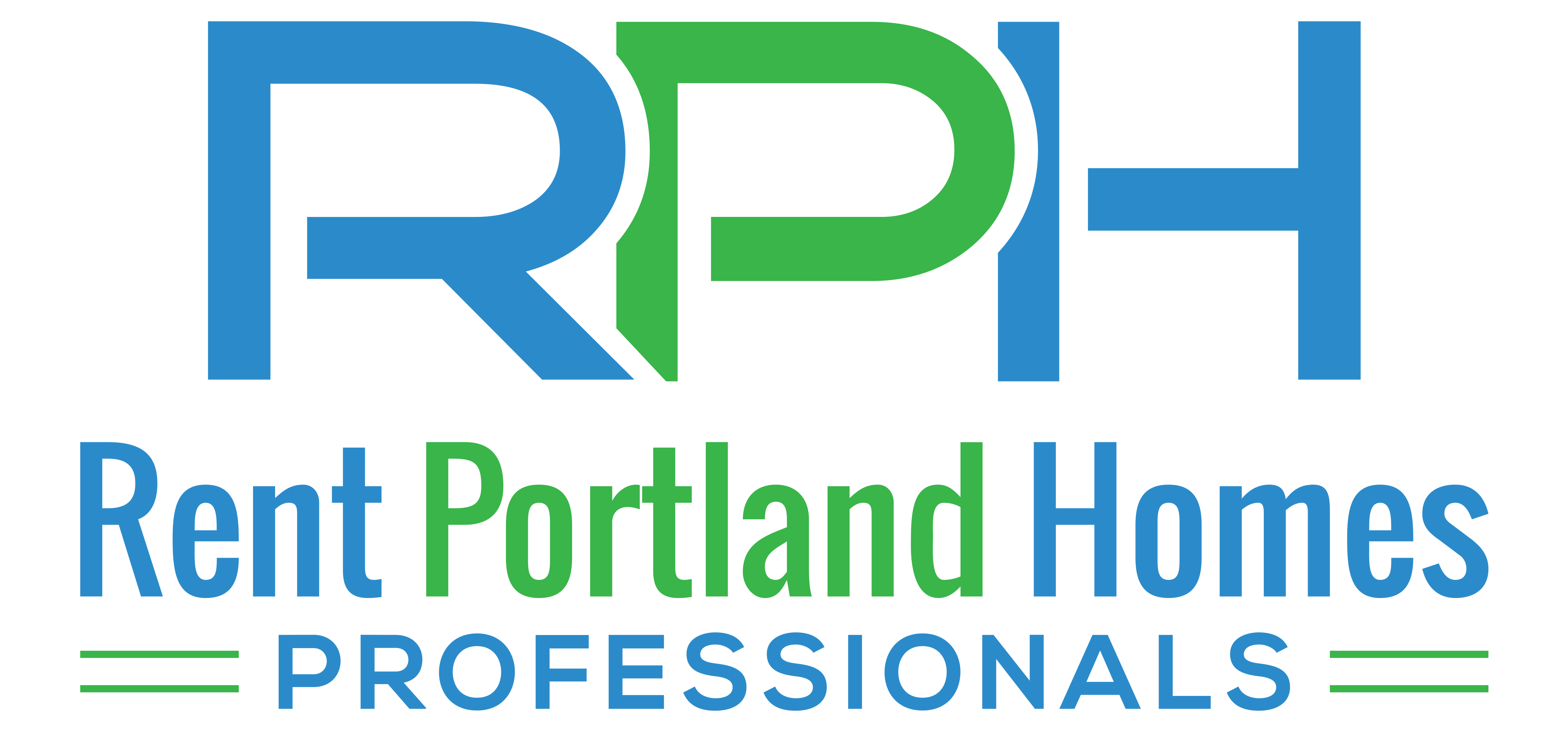How Do Residential Evictions In Oregon Work?

Residential evictions have been increasing in Oregon in the recent months because since the end of the CDC Eviction Moratorium, tenants don’t have the same eviction protection in place as before.
Sadly, many landlords in Portland, Oregon and elsewhere across the United States are not following proper procedure when it comes to evictions and this is why there’s so much confusion among tenants about what to expect during an eviction.
In this article, we will list the steps that landlords should follow during eviction so that the eviction process is done legally.
Steps To Follow During Eviction
To start an eviction case a landlord must give a tenant written notice. One possible type of notice is a “no-cause notice,” which means the landlord does not give a reason for the tenant to vacate. This type of notice is not available if a tenant is in the middle of a fixed-term tenancy. A fixed-term tenancy is for a set period of time, agreed upon by both tenant and landlord. Therefore, neither side can simply terminate the tenancy for no reason; otherwise, there could be financial consequences. The only valid no-cause notice applies when the tenant is in a month-to-month tenancy, and the tenant has not occupied the premises for more than one year. (This is further explained in the Residential Eviction Notices topic.)
Other notices include certain types of 90-day notices that apply in limited circumstances, 30-day notices for cause (alleged wrongdoing committed by the tenant), 72-hour or 144-hour notices for nonpayment of rent, and 24-hour notices for outrageous or dangerous conduct. If the tenant still occupies the rental after the end of the period stated in the notice, the landlord can then file an eviction complaint in court.
The court proceeding is quite speedy; its main purpose is to determine whether the tenant has the legal right to keep living in the rental when the landlord wants the tenant to move.
To file an eviction case, the landlord must complete a complaint form, which is available from the court clerk. The landlord must give the clerk a copy of the eviction notice and pay a filing fee. If the landlord cannot afford the filing fee, he or she may ask the court to waive or postpone payment of the fee. Most court clerks have a form for this purpose.
After the court clerk receives the complaint and the filing fee or deferral, he or she schedules the case for a preliminary hearing called a first appearance. The tenant will then be served with the complaint and a summons to go to a pretrial hearing, sometimes called a “first appearance” or “arraignment.”
The first appearance is held seven days after the tenant is sent a copy of the summons and complaint. The summons tells the tenant when the first appearance is. The clerk mails the summons and a copy of the complaint within one business day, and these documents are also personally delivered to the tenant or posted at the entry to the rental property.
The purpose of the first appearance is to determine whether you have a legal right to remain in the rental. If you the tenant does not show up, the landlord should get an order giving him or her possession of the property. If the landlord does not show up, the case should be dismissed. If both sides show up, the judge will want to know if the tenant intends to move, if the landlord and tenant have settled the case, or if a trial needs to be held. In some counties, the court will ask both parties to work with a court mediator to work out their differences. If a trial is needed, it will be scheduled no later than 15 days from the date of the first appearance.
To contest the case, a tenant must go to the first appearance and file a form from the clerk called an answer. This form lists a number of possible reasons a tenant may be able to win an eviction action. The tenant should check any that apply and list other defenses if necessary. When filing an answer, a filing fee is also due. A tenant who cannot afford the filing fee can ask the court to waive or postpone payment of the fee.
Each side may be represented by a lawyer. The court may give extra time for each side to find a lawyer if the tenant does contest the case. If the tenant does not fight the eviction and the landlord has a lawyer at the first appearance, the court should not require the tenant to pay the landlord’s lawyer fees.
At the trial both sides will present their claims. Along with showing the court reasons he or she should not have to move, a tenant may also bring up claims against the landlord called “counterclaims.” These claims may entitle the tenant to money from the landlord. A tenant who wishes to counterclaim or withhold rent may be required to pay upcoming rent directly to the court. Also, the judge may require payment of rent to the court when granting a requested postponement of the trial for longer than two days. A tenant would be well-advised to consult an attorney before attempting to bring a counterclaim in an eviction.
Except for their speed, eviction trials are handled just like other civil trials. Either side may request a jury. If the tenant wins, the tenant is allowed to stay in the unit, and may recover a judgment from the landlord for any money the court decides is owed to the tenant. If the landlord wins, the judge will order the tenant to move by a certain date. The judge may order the losing side to pay the winning side’s court costs and legal fees.
If the tenant loses the case and does not move by the date named by the judge, the landlord can get an order directing the sheriff to enforce the court’s judgment. The sheriff will post a notice at the rental unit telling the tenant to move within four days. If the tenant does not do so, the sheriff will return and remove the tenant from the premises.
Contact Rent Portland Homes – Professionals
For help with evictions in the PDX area, contact Rent Portland Homes – Professionals today by calling us at (503) 447-7735 or click here to connect with us online.







